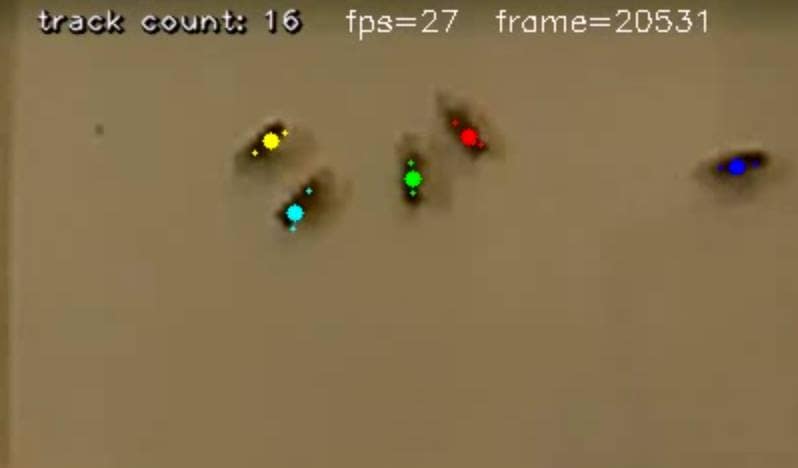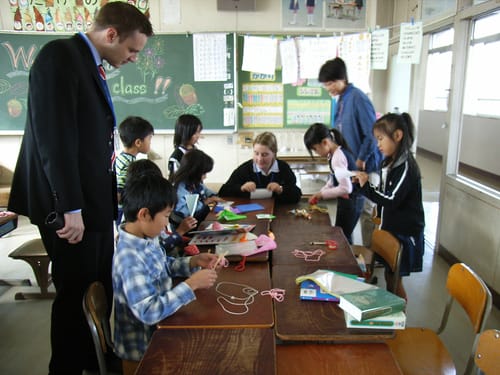Every quarter, we share articles published in the BCN Newsletter and we are happy today to share an interview with Andrea Soto Padilla, PhD candidate at the Faculty of Medical Sciences, who works on an interdisciplinary project on the perception of time.
In the past five years, Annemie Wetzels has worked on an intervention (coaching) program for teachers. This Thursday, October 29th, she defends her dissertation on the outcomes of this project. In this blogpost, she proposes that person-context dynamics should always be taken into account when conducting interventions in education.
Employee deviance has costly consequences for organizations. This Thursday, October 22nd, Stacey Sanders defends her dissertation in which she sheds light on the question why employees deviate against abusive bosses but not against ethical ones.
The recent Noorderlicht Photo Festival featured a series of photos on people using smartphone apps for tracking their mood, sleep, et cetera, sometimes for years. Ecological momentary assessment is a related psychological method for studying people in their natural environments rather than in the laboratory.
A large percentage of patients with mild traumatic brain injury (mTBI) are intoxicated with alcohol at the time of injury. This study shows that although intoxicated patients have a worse initial clinical presentation, they have a better long-term outcome.
… management, of course. Everybody likes research and over the last couple of years it has become fashionable to speak of the importance of teaching and what a noble and enjoyable task it is, but people seldom mention management. Maarten Derksen sheds light on the third pillar of academia.
A major challenge in psychology is to build theory on individual change, and to find the tools to do so systematically. For answering questions on individual behavioral change, building a theoretical simulation model can be a powerful tool. By collaborating with theoretical biology, psychologists can enter a whole new realm of formalizing theory.
Every quarter, we share articles published in the BCN Newsletter and we are happy today to share an interview with Dr. Linda Geerligs, who won the BCN dissertation award. The interview was conducted and written by Manon van Asselt, a PhD candidate at UMCG.
Moving to Groningen to study Psychology is an exciting time, but it can also be confusing. In this third and final part of the guide, find out what the students’ secrets for living in Groningen and working in the Psychology department are. What are yours?
Moving to Groningen to study Psychology is an exciting time, but it can also be confusing. In this second part of the guide, we focus on life in Groningen. Where can you get the best coffee, bread, and bread and what’s the best bar in town? Find out and share your advice too!










